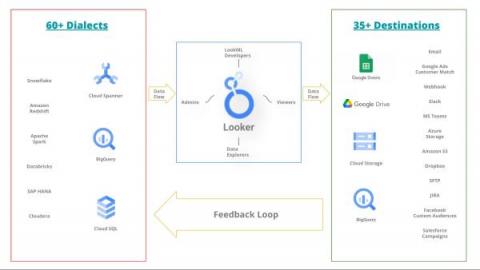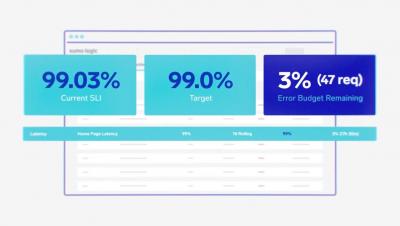Operations | Monitoring | ITSM | DevOps | Cloud
SRE
The latest News and Information on Service Reliability Engineering and related technologies.
Managing the Looker ecosystem at scale with SRE and DevOps practices
Many organizations struggle to create data-driven cultures where each employee is empowered to make decisions based on data. This is especially true for enterprises with a variety of systems and tools in use across different teams. If you are a leader, manager, or executive focused on how your team can leverage Google's SRE practices or wider DevOps practices, definitely you are in the right place!
Setting up Runbooks in Squadcast | SRE Best Practices | Squadcast
Introduction to reliability management
Introducing Our Newest Integration with ServiceNow
How Retrospective Data Enhances Reliability Insights
Why SREs Need to Embrace Chaos Engineering
Reliability and chaos might seem like opposite ideas. But, as Netflix learned in 2010, introducing a bit of chaos—and carefully measuring the results of that chaos—can be a great recipe for reliability. Although most software is created in a tightly controlled environment and carefully tested before release, the production environment is harsher and much less controlled.
True Cost Unplanned Application Downtime
It can be a big can of worms, but tackling IT downtime can be the first step to major cost savings. Here’s everything you need to know about downtime but were too afraid to ask.
Top 12 Site Reliability Engineering (SRE) Tools
Ben Treynor Sloss, then VP of Engineering at Google, coined the term “Site Reliability Engineering” in 2003. Site Reliability Engineering, or SRE, aims to build and run scalable and highly available systems. The philosophy behind Site Reliability Engineering is that developers should treat errors as opportunities to learn and improve. SRE teams constantly experiment and try new things to enhance their support systems.










